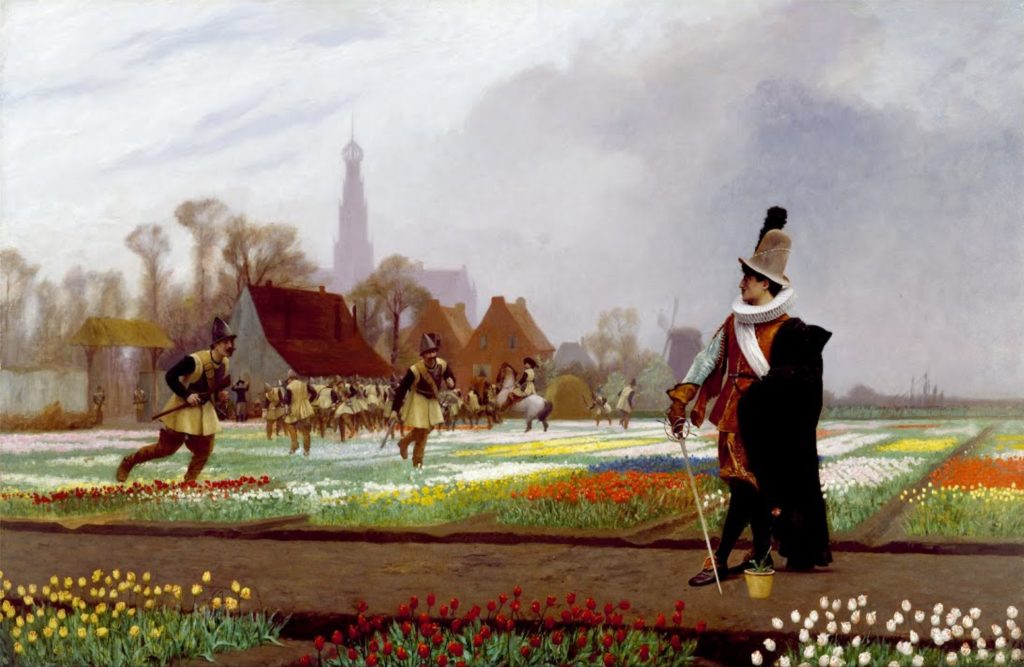Oddly elegiac essay by Joi Ito, the Director of the MIT Media Lab, who clearly is, like me, a recovering utopian:
Legacy businesses have been disintermediated by the rise of companies built around the internet which have, within a very short period, exerted dominion over the world. This is the GDE [Great Digital Event], and it reminds me of nothing so much as the GOE [Great Oxidation Event — which caused the mass extinction of anaerobic bacteria between 2 and 3 billion years ago] in its impact and implications. As our modern dinosaurs crash down around us, I sometimes wonder what kind of humans will eventually walk out of this epic transformation. Trump and the populism that’s rampaging around the world today, marked by xenophobia, racism, sexism, and rising inequality, is greatly amplified by the forces the GDE has unleashed. For someone like me who saw the power of connection build a vibrant, technologically meshed ecosystem distinguished by peace, love, and understanding, the polarization and hatred empowered by the internet today is like watching your baby turning into the little girl in The Exorcist.
